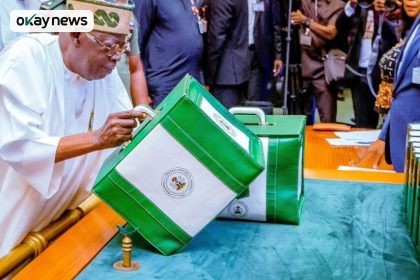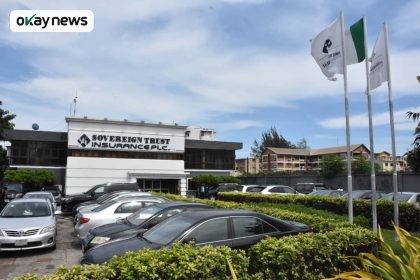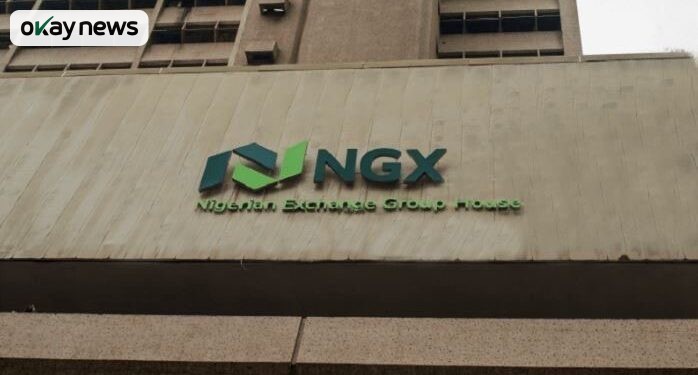The Central Bank of Nigeria (CBN) has unveiled a series of policy measures to shield the nation’s economy from the ongoing global oil price slump, as crude prices fall to $64 per barrel and fears mount that Brent could drop below $50 before the end of 2025.
The fall in prices poses a major threat to Nigeria’s oil-dependent economy, especially as the 2025 budget is benchmarked at $75 per barrel with a daily production target of two million barrels. A sustained decline could widen the fiscal deficit to as much as seven percent of GDP, weaken macroeconomic stability, and heighten inflationary pressures.
CBN Governor Olayemi Cardoso said the apex bank is taking proactive steps to cushion the impact, including policies to expand non-oil exports, strengthen backward integration, and streamline diaspora remittances to boost foreign exchange inflows.
He emphasised that Nigeria’s creative industry alone has the potential to generate up to $25 billion annually, urging entrepreneurs to leverage global markets through digital platforms and international collaborations. Cardoso also called on telecom operators to begin local production of key inputs such as SIM cards and towers to reduce dollar demand.
During a recent meeting with Airtel Africa’s management, Cardoso underscored the importance of domestic manufacturing to ease forex pressure, create jobs, and deepen industrial growth. Airtel Group CEO Sunil Taldar expressed support for the CBN’s reforms, pledging to expand local production and financial inclusion initiatives.
Analysts have also backed the CBN’s drive for import substitution. Charles Abuede, Research Head at Cowry Asset Management, said the move would lower production costs and improve profit margins if supported by stable infrastructure and regulatory backing.
At an investors’ forum in Washington DC, Cardoso announced that Nigeria’s foreign reserves had reached a five-year high of $43.4 billion, providing 11 months of import cover. He noted that recent reforms have stabilised the naira, reduced inflation, and boosted investor confidence, with monthly forex turnover now averaging $8.6 billion.
He added that Nigeria now enjoys a positive balance of trade, aided by increased domestic production and reduced import dependency. “We have built resilience and buffers against global shocks,” Cardoso said, describing the economy as “fully restructured and positioned for sustainable growth.”
Global analysts warn that further price declines may occur if OPEC increases output in late 2025, deepening concerns of oversupply. However, the CBN maintains that Nigeria’s diversified reforms have created enough buffers to withstand future oil market volatility.







